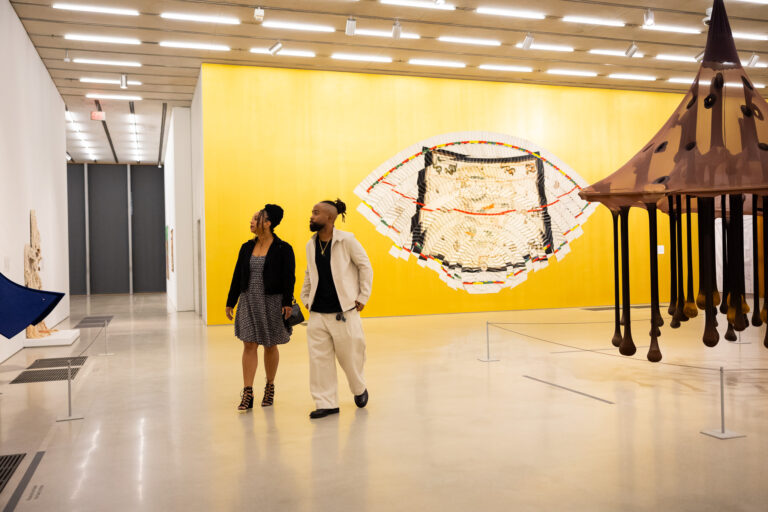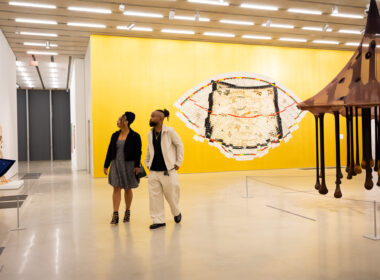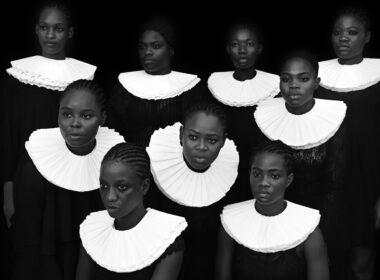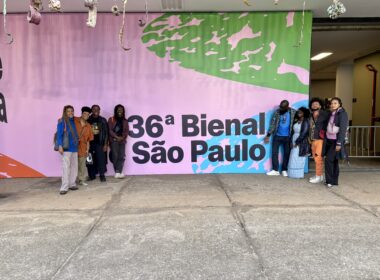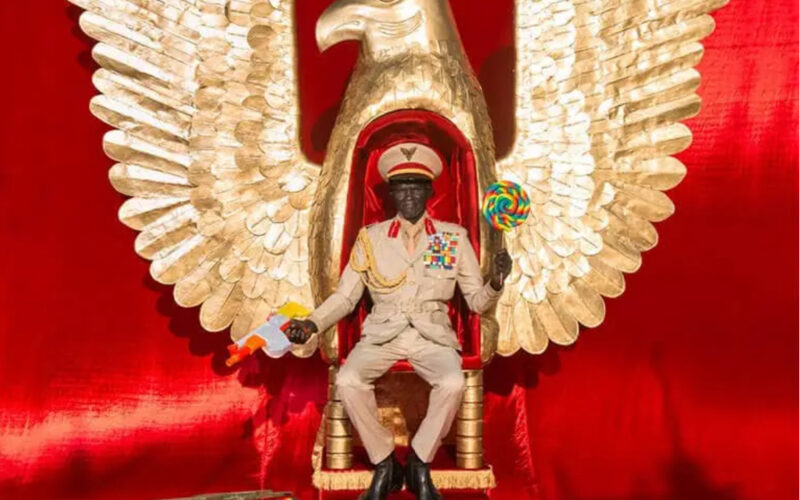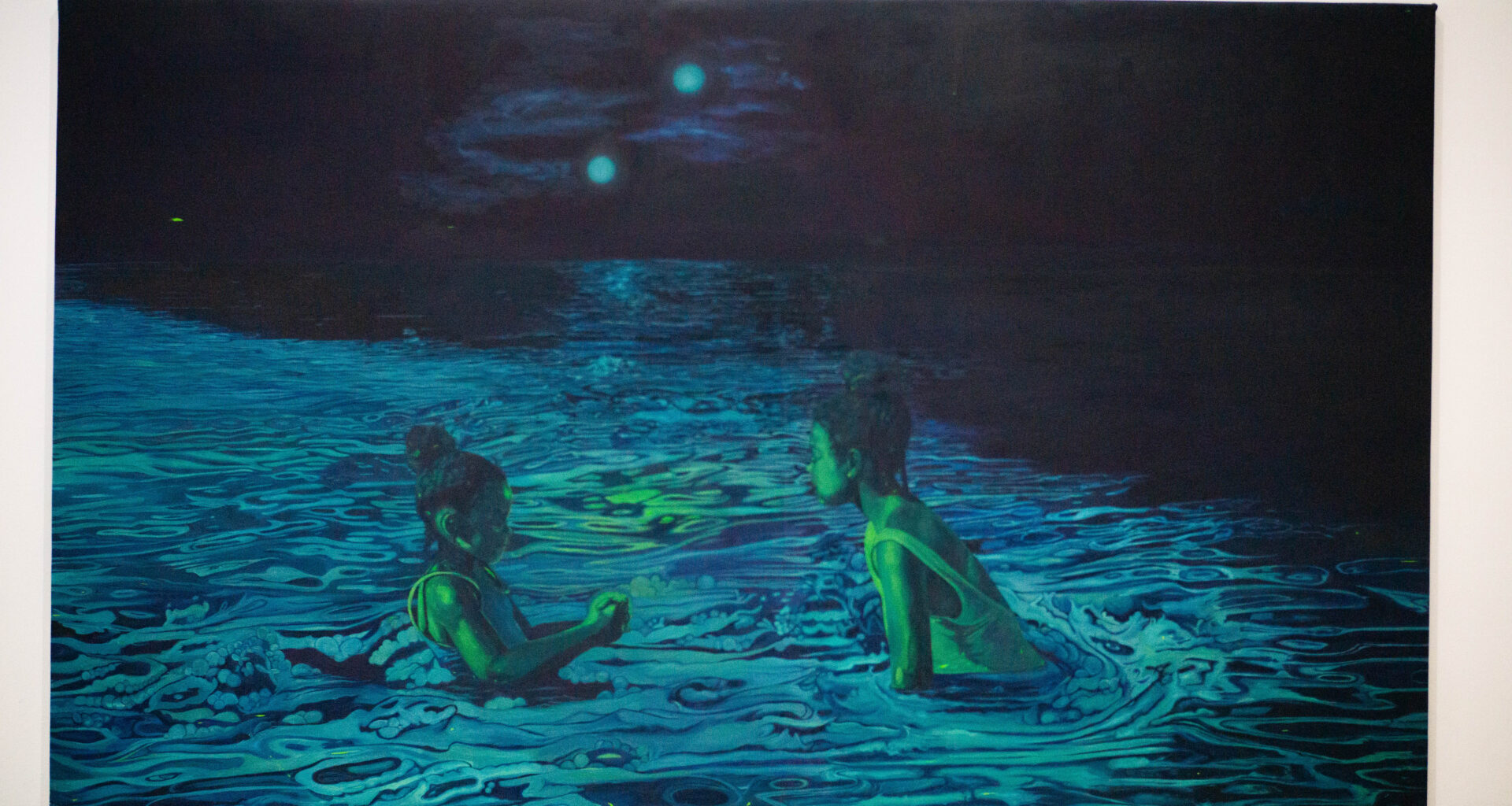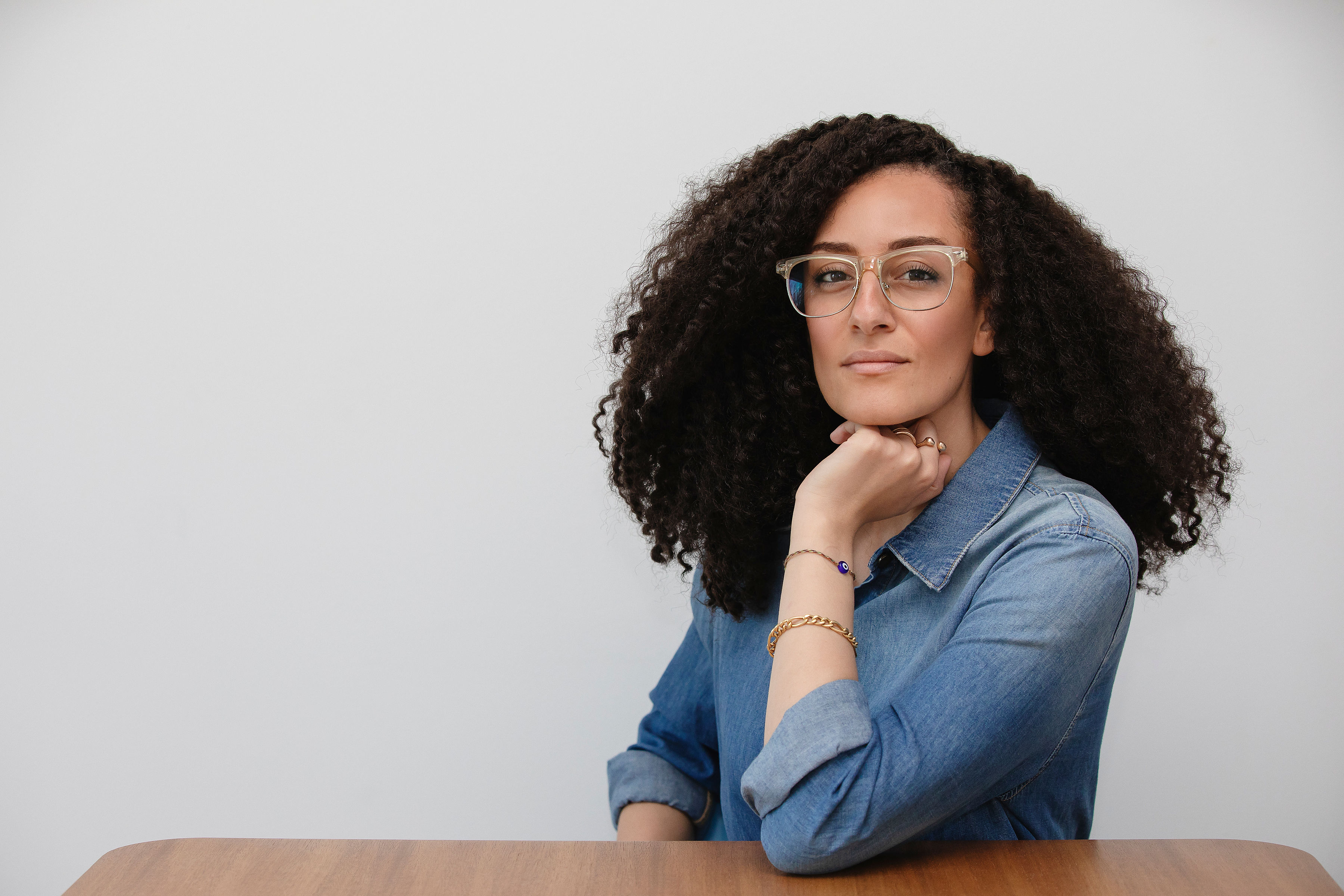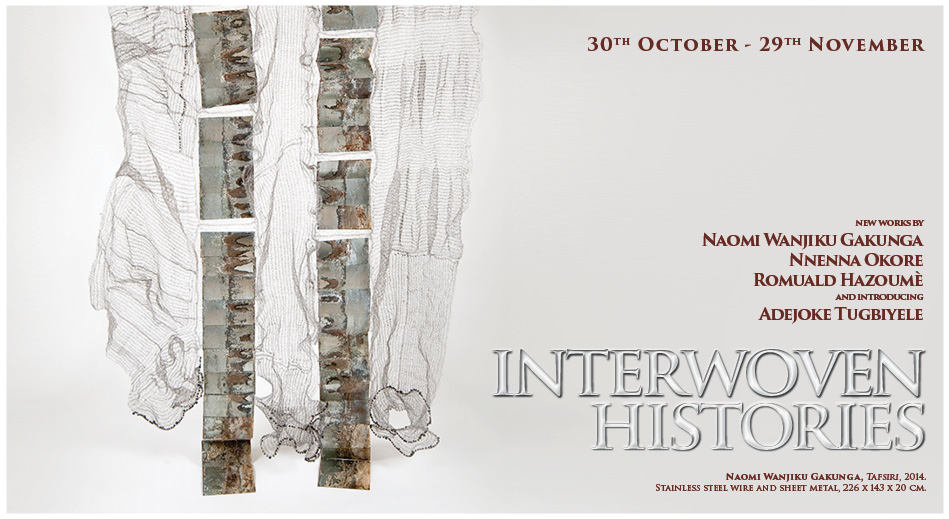Above: Fabrice Monteiro | (P)residant | Dak’Art Biennial 2016 | Palais de Justice
Dear Friends,
More than any of the highlights shared with you this week, what concerns me most is Dak’Art. While I understand why, I cannot believe that the Dakar Biennale will not take place in May as planned. There have been many plans made, tickets bought, and events organized — particularly the OFF exhibitions and shows. Although this postponement is being met with some resilience with the OFF events, it is still worrisome to know that the experience will now be fragmented. It’s also concerning that what could arguably be one of Africa’s biggest art festivals, which has had about 15 editions, is still so fragile at its core, in a way that I did not think was possible. Regardless, we must keep pushing. There are other ways our collective works continue to stand out. For instance, Africa’s participation at the ongoing Venice Biennale has been more significant than ever before. While this success is impressive and worthy of a feature I hope to specifically write, the dream is not to look to the West as the ideal or preferred platform to show the best of us. The dream has always been and will continue to be, to build a system for us and by us. Until then, such a dream is fully realized, we will continue to push and forge on in the best way we can…
Kitso Lynn Lelliott from Botswana Receives Henrike Grohs Art Award 2024
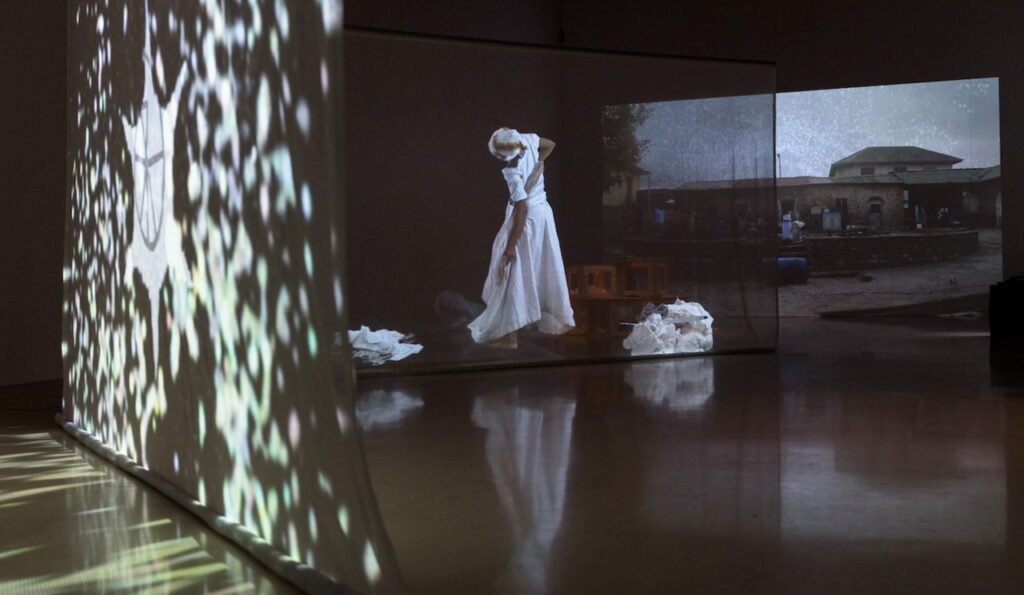
Botswana’s Kitso Lynn Lelliott is the fourth recipient of the Henrike Grohs Art Award. The Henrike Grohs Art Award is conceived by the Goethe-Institut and Grohs family. Lelliot will receive a cash prize of €20,000 and €10,000 towards a publication of her work. For this edition, over 690 applications were received from 40 African countries.
The runners-up of the award, Frederick Ebenezer Okai (Ghana) and Wambui Kamiru Collymore (Kenya), will each receive a cash prize of €5,000.
The 2024 jury was composed of Marie Helene Pereira (senior curator, Haus der Kulturen der Welt in Berlin, Germany), Meriem Berrada (artistic director, MACAAL in Marrakech, Morocco), and Tandazani Dhlakama (curator at Zeitz Museum of Contemporary Art in Cape Town, South Africa).
Commenting on their choice, the jury said, “As the jury, we found ourselves drawn to artists thinking about personal collective histories; making work that expands and allows the viewer to experience different contexts in new and interesting ways. A common thread we found in the work of the selected artists is a robust research component that serves as the foundation for each artist’s work. We were impressed by the process of how the artists translate meaning from their contexts to research and ultimately to artworks that are presented to various publics. The works refer to lived experiences and call for an engagement with different bodies, including the body of the viewer… Kitso’s work, in particular, resonated with us for its articulation of disobedience and disruption. There is a firm affirmation of the necessity to look beyond traditional references to colonial powers.”
Kitso Lynn Lelliott’s practice moves between video installation, film, and writing. Her work interrogates the ‘real’ as it is shaped through contesting epistemologies, their narratives, and the form these took over the Atlantic during the formative episode that shaped the modern age. Her work is an enactment of enunciating from elision and between historically subjugated subjectivities, privileging South-South relations, concerning yet imaginatively and epistemologically unmediated by the Global North. In 2017, she was the laureate of the Iwalewahaus Art Award and was a featured guest artist at The Flaherty Seminar 2018. In 2019, Lelliott won the NIHSS award for best visual arts. She was with the CHR until 2022 when she took up a senior lectureship with the University of the Witwatersrand.
Dak’Art Biennale Postponed
The Senegalese authorities have announced that the much-anticipated Dakar Biennale has been postponed. Initially scheduled to take place on May 16th, the Youth Sports, and Culture Ministry stated that the postponement was a result of the newly elected officials taking office. Senegalese President Bassirou Diomaye Faye was elected in March following a turbulent electoral period that caused protests to break out after there was a delay in the election raising concerns about the nation’s stability. The new dates for the Biennale are from November 7th to December 7th, 2024.
In response to this development, several private institutions and art spaces are going ahead with the OFF events, trending the hashtag #TheOFFisON to encourage visitors who had initially made travel plans to visit Dakar in May to not be dismayed by the announcement. The Dakar Biennale is usually accompanied by OFF events, designed around the main Biennale exhibition. Sadly, this is not to be this year, and one cannot help but worry about the impact of this on Africa’s biggest art exhibition and how this could affect the African art scene.
60th Venice Biennale Silver Lion Awarded to Karimah Ashadu
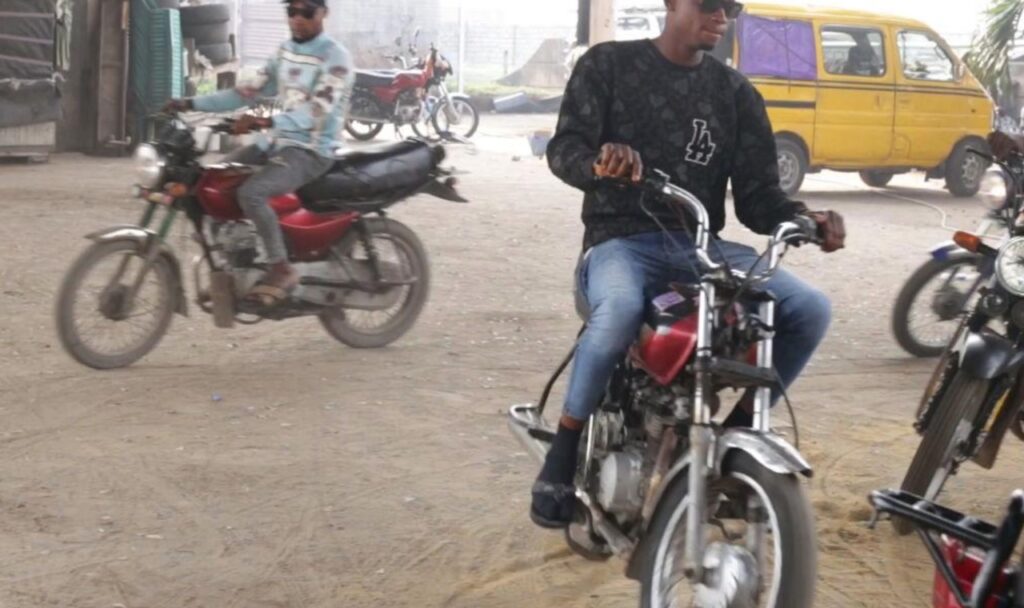
Multimedia artist Karimah Ashadu has been awarded the Silver Lion Award for a Promising Young Artist in the International Exhibition. Karimah Ashadu (London, UK, 1985. Lives in Hamburg, Germany, and Lagos, Nigeria) was awarded for her work exhibited under the main exhibition titled Foreigners Everywhere, curated by Adriano Pedroso.
The jury consisting of Julia Bryan-Wilson (USA), President of the Jury, Alia Swastika (Indonesia), Chika Okeke-Agulu (Nigeria), Elena Crippa (Italy), and María Inés Rodríguez (France/Colombia) explained that “Karimah Ashadu, with her video Machine Boys and related brass sculpture, Wreath, upends gendered assumptions about the gaze and what is considered proper to commemorate. With searing intimacy, she captures the vulnerability of young men from the agrarian north of Nigeria who have migrated to Lagos and end up riding illegal motorbike taxis. Her feminist camera lens is extraordinarily sensitive and intimate, capturing the bikers’ subcultural experience as well as their economic precarity. Masterfully edited to draw out yet subtly critique the performance of masculinity on display, her sensual attention to surfaces of machine, flesh, and cloth reveals the rider’s marginal existence.”
South African Artist, Helena Uambembe Among Winners of ars viva Prize 2025
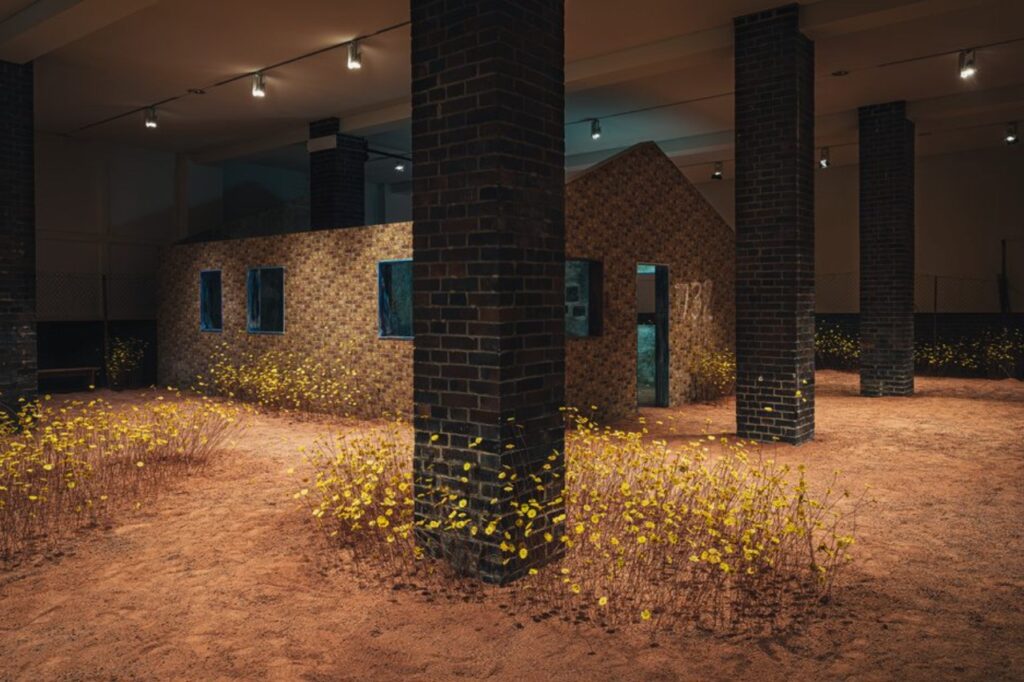
The 2025 ars viva prize winners have been unveiled. Among the winners for this year’s prize is South African artist Helena Uambebe, alongside Wisrah C. V. da R. Celestino (1989), and Vincent Scheers (1990). This year’s award is associated with exhibitions at Kunsthalle Bremen, Haus der Kunst in Munich, and an artist’s residency on Fogo Island, Canada. The jury selected the awardees from 36 proposed artists under the age of 35 who live and work in Germany. Since 1953, the Kulturkreis der deutschen Wirtschaft has awarded young artists annually with the ars viva prize of Visual Arts.
Helena Uambembe was born in 1994 in Pomfret, South Africa. She now lives and works in Berlin, Germany. Her work has been shown in Africa, Switzerland, and Germany, including solo exhibitions at Jahmek Contemporary Art (Luanda, Angola), Jahmek Contemporary Art (Basel, Switzerland), The Cultural Institute of Radical Contemporary Arts (CIRCA, Cape Town, South Africa) and FNB Art Joburg (Johannesburg, South Africa). Furthermore, she was part of group exhibitions in Galerie im Körnerpark (Berlin, Germany), INCCA (Johannesburg, South Africa) as well as La Biennale de Lubumbashi VII: Toxicity, Democratic Republic of the Congo and Goethe-Institut South Africa (Johannesburg, South Africa).
Helena Uambembe was awarded the DAAD Visual Arts Fellowship, Berlin, Germany (2023), the Baloise Art Prize, Basel, Switzerland (2022) and the David Koloane Award, Johannesburg, South Africa (2019).
Chika Unigwe to Chair Caine Prize for African Writing 2024 Jury
Nigerian author Chika Unigwe has been appointed chair of the Caine Prize for African Writing 2024 jury. She will be joined by other writers, including Siphiwe Gloria Ndlovu, Julianknxx, Tumi Molekane, and Ayesha Harruna Attah.
The Caine Prize for African Writing is awarded annually to an African writer published in English for an outstanding short story since 2000. Past winners include Leila Aboulela, Helon Habila, Yvonne Adhiambo Owour, and many more. Recent winners have been Mame Bougouma Diene and Woppa Diallo (2023), Idza Luhumyo (2022), Meron Hadero (2021), Irenosen Okojie (2020), Lesley Nneka Arimah (2019), Makena Onjerika (2018), Bushra al-Fadil (2017), Lidudumalingani Mqombothi (2016), and Namwali Serpell (2015).
Unigwe is a creative writing professor at Georgia State College and University in Milledgeville, Georgia. She is a writer of both fiction and nonfiction, whose works have been translated into several languages. Her notable works include the award-winning novel “On Black Sisters’ Street” and the short-story collection “Better Never Than Late.”
Commenting on this year’s panel, Chika Unigwe, Chair of Judges, said: “I am deeply honored to be judging this year’s Caine Prize alongside an impressively distinguished group of creatives, some of whom I have admired for years. African writing is in a good place, and so we are certain that we will be seeing stories we will want to read, reread, and then tell everyone else to go read.”
Interim Director of the Prize, Vimbai Shire, said: “Thinking ahead to the Caine Prize shortlist, it’s the relentless pursuit of quality and the commitment to elevating storytelling to its highest level that ignites my enthusiasm, and I’m delighted by the composition and focus of this year’s panel.”
